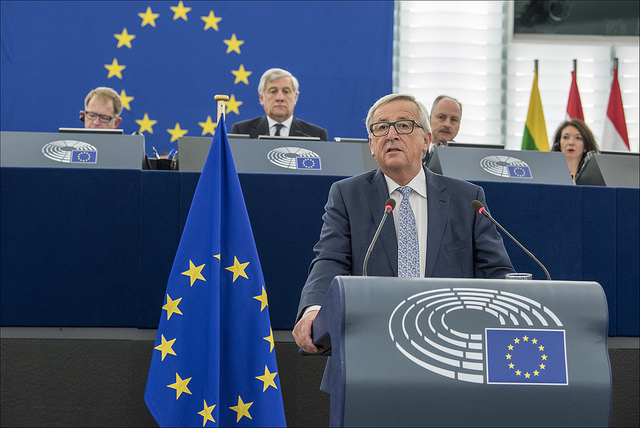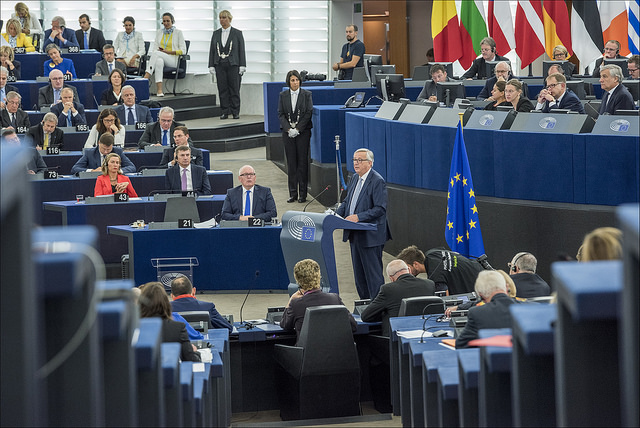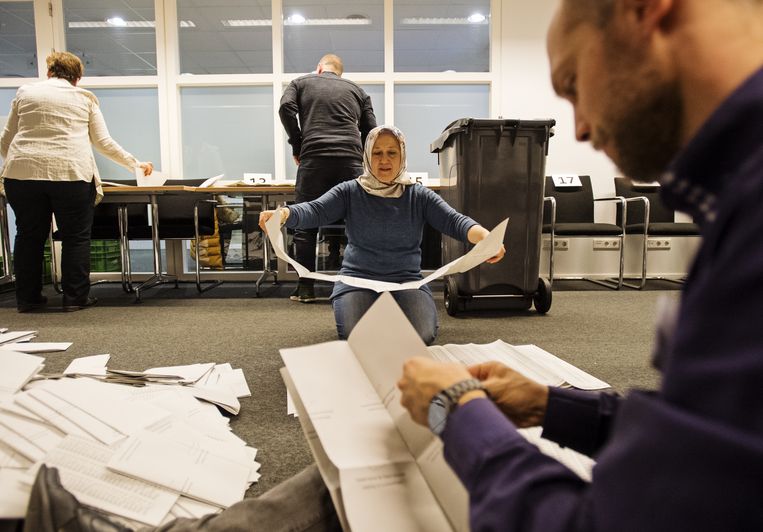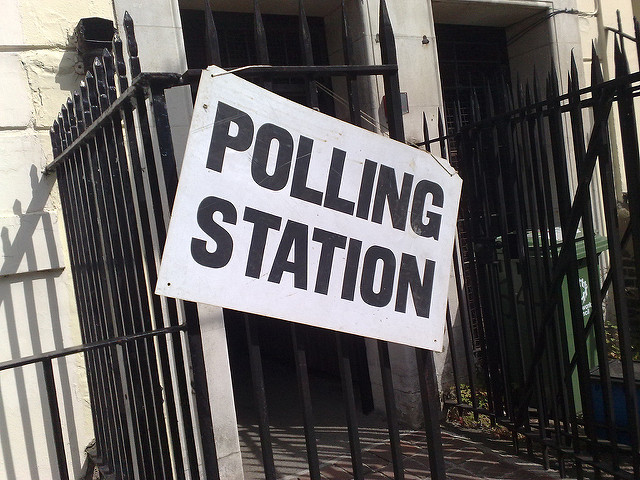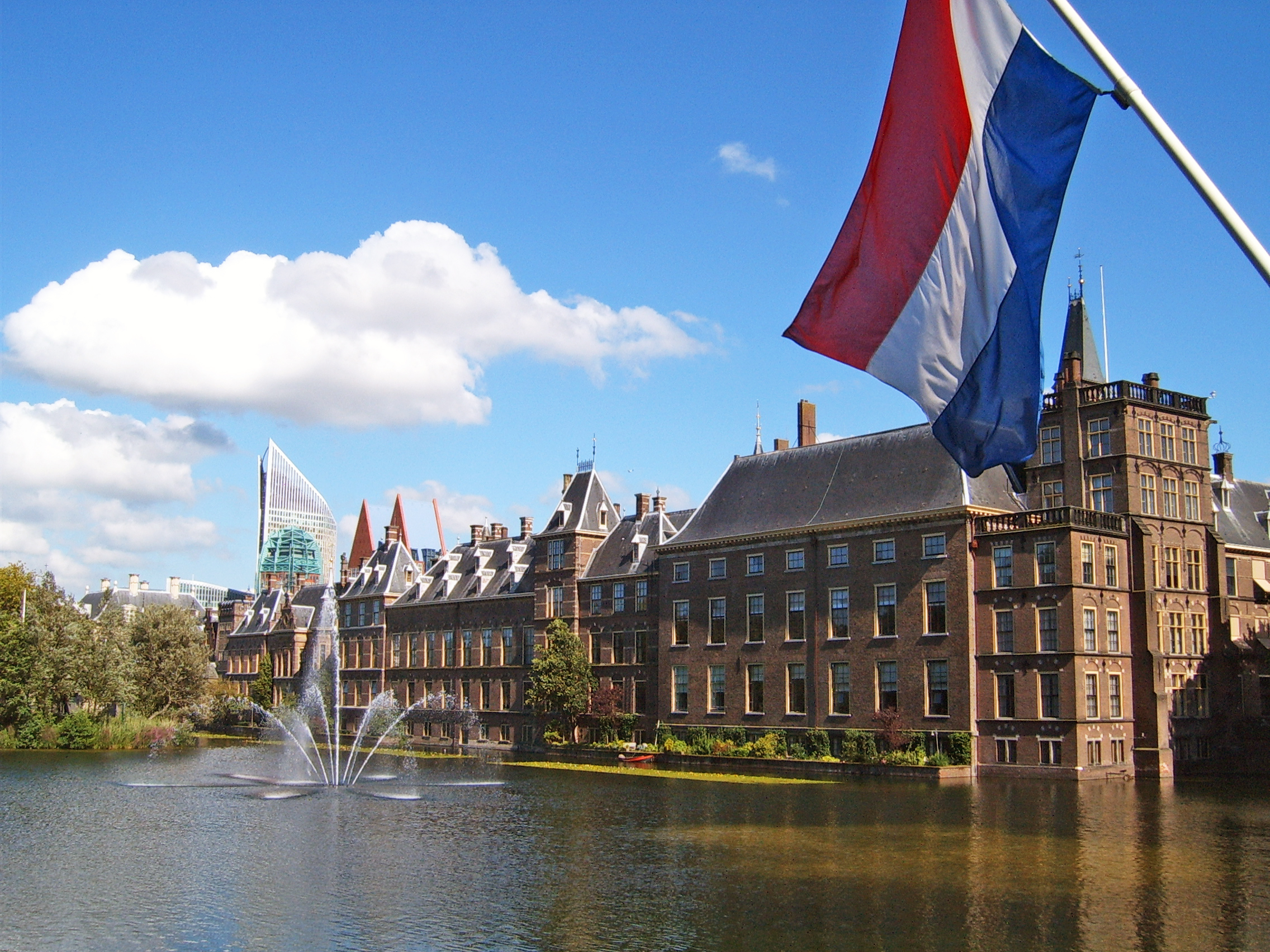Latest blog articles
-
Nederland raakt niet uitgepraat over referenda. En dat is niet zo gek, gezien de recente ervaringen uit het Verenigd Koninkrijk, Spanje en natuurlijk het Oekraïne-referendum. In het regeerakkoord staat dat de Wet raadgevend referendum wordt ingetrokken. Wat moeten we nou van referenda vinden?
-
A new perspective? What specific plans and suggestions has Juncker to encounter a more united, stronger and more democratic Europe? Are his plans realistic and do these proposals respond effectively to the issues of democracy and legitimacy? (Dutch only)
-
Juncker's proposals are focused top-down. However, European citizenship will not arise itself by positing in a convention. In short, the knowledge which is present in society, should be fully used. (Dutch only)
-
In March 2017 Pieter Duisenberg signed a declaration of intent with een bevestigende beantwoording van de volgende vraag: “Do you intend to complete the chosen term?”. (Dutch only)
-
It is hard to explain to foreigners how to constitute a Cabinet in the Netherlands with so many parties in the Lower House. (Dutch only)
-
After Rutte's promise, Asscher did not get where he asked for and so he agreed. (Dutch only)
-
From an academic perspective, we need to revise our textbooks: after Cameron-Clegg (2010-2015), and after a narrow majority for Cameron in 2015, there will be no majority party in the UK nowadays. (Dutch only)
-
Would that not be much more attractive? So: a Cabinet without excessive programme and with a number of subjects that can be left open. (Dutch only)
-
What we witness now shows resemblances with the new Turkish and the Russian presidential model: the president has executive powers but is also largely supported by his parliament, banning or disabling the effect of balances of power through their checks and balances.
-
Which of the two sides, the EU or the UK, has the better bargaining position? The EU? After all, art 50 TEU says that even in the event of a no deal a Brexit may take place after two year. And that means then a hard Brexit and no special deal with the UK for trade for instance.

